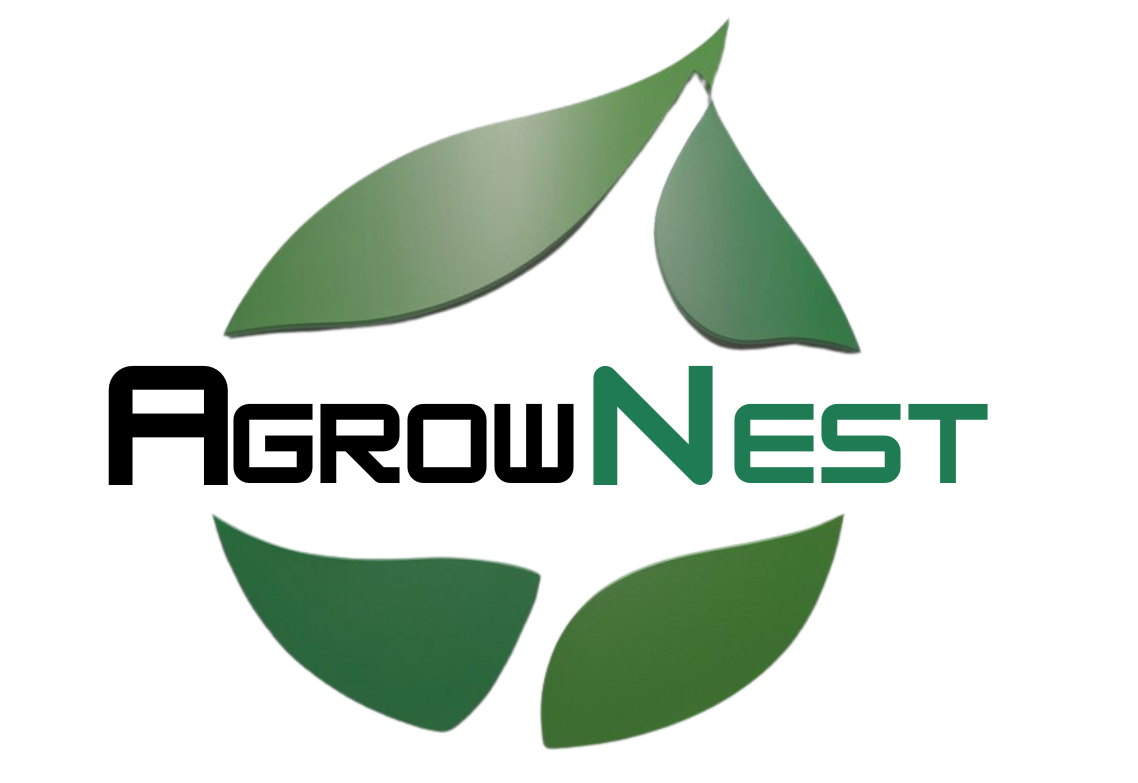Animal rearing
Animal Rearing at AgrowNest
Animal rearing is a crucial part of AgrowNest’s holistic approach to combating malnutrition and poverty in Africa. In regions where access to protein is limited, animal farming provides a vital source of nutrition. According to the FAO, about 25% of Africa’s population suffers from protein deficiency, contributing to widespread malnutrition. By raising pigs, chickens, ducks, and cows, AgrowNest addresses this gap and helps build more resilient food systems.
Key Livestock
Pig:
Pig farming is a fast-growing industry with high returns. Pigs require fewer resources than other livestock and provide high-quality meat. In regions where pork consumption is growing, AgrowNest’s focus on ethical and efficient pig farming meets local demand and generates income for its non-profit initiatves.
Chickens and Ducks:
Poultry farming is crucial for supplying affordable meat and eggs to communities that struggle to access protein. With chicken meat and eggs being staples in many African diets, AgrowNest’s poultry farming initiative helps address the gap in protein availability in underserved regions.
Cows:
Dairy and beef cattle play a significant role in rural economies. AgrowNest engages in sustainable cattle farming, focusing on both dairy and meat production. In Africa, where over 20 million children are estimated to suffer from severe malnutrition, ensuring access to protein-rich food is critical.
Sustainability and Ethical Farming
AgrowNest is deeply committed to sustainable and ethical animal farming practices. The livestock industry is often criticized for its environmental impact, but AgrowNest’s approach reduces the carbon footprint and ensures that farming methods are both ethical and sustainable.
Key sustainable practices include:
- Free-Range Grazing: Allowing animals to graze naturally helps prevent overgrazing and maintains soil health. Free-range farming is also better for the environment, reducing the need for feed and promoting natural ecosystems.
- Organic Feed: Livestock are fed organic, locally sourced feed, reducing the need for expensive, imported feed that often contains harmful chemicals.
- Manure Recycling: Waste from livestock is repurposed as organic fertilizer for crop farming, creating a closed-loop system that enriches soil without the need for synthetic fertilizers.
Aim of Animal Rearing
The goals of AgrowNest’s animal rearing program are:
- Increase Protein Access: By providing local communities with affordable, high-quality meat, eggs, and dairy products, AgrowNest addresses the severe protein deficiency affecting millions in Africa.
- Boost local economies: Animal farming creates jobs and diversifies income streams for rural farmers, offering a path out of poverty. In fact, livestock farming accounts for up to 50% of agricultural GDP in many African countries.
- Promote Sustainable Livestock Farming: AgrowNest’s approach to livestock farming reduces environmental impact, supports animal welfare, and ensures that farming is both profitable and sustainable for future generations.
- Through its crop farming and animal rearing initiatives, AgrowNest is addressing the food security gap in underserved regions of Africa. With millions of people experiencing hunger and malnutrition, AgrowNest is dedicated to producing food locally, empowering farmers, and promoting sustainable agricultural practices. By building resilient agricultural systems, AgrowNest is contributing to long-term socio-economic development across the continent.
AgrowNest is a visionary social enterprise dedicated to transforming Sub-Saharan Africa into a global agricultural powerhouse.
Quick Links
Subscribe to Newsletter
Subscribe to our newsletter to get updates about our services and activities.
- admin@agrownest.net
- +(243)843 901 202
